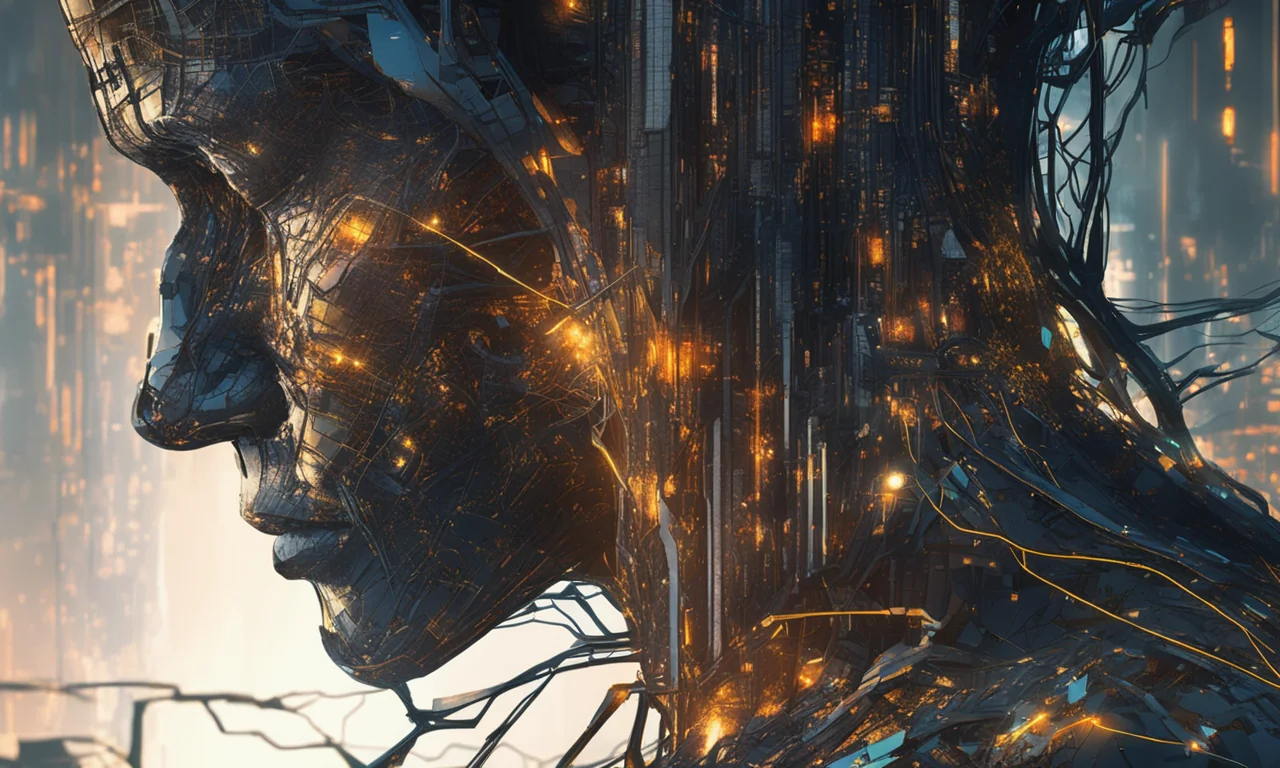
AI Trust Declines as Experts Demand Greater Transparency
The debate over artificial intelligence intensifies amid rising concerns about privacy and creative impact.
Today's Bluesky conversations around artificial intelligence reveal a dynamic tension between technological optimism and growing skepticism. The day's most engaged posts showcase how AI is reshaping creative practice, provoking ethical debate, and driving both innovation and caution among users and experts. By grouping posts into larger patterns, we see a community wrestling with the future of AI and its implications for privacy, trust, and artistry.
Trust, Skepticism, and the Technical Roots of AI
Recent debate highlights a notable shift in how scientists and technologists evaluate artificial intelligence. A post detailing the declining trust among scientists using AI draws attention to the increase in concerns over AI "hallucinations," security, and ethical dilemmas. Despite more widespread adoption, fewer experts now believe AI surpasses human ability in most use cases, a trend echoed by discussions on the technical underpinnings of AI. The renewed interest in foundational programming, exemplified by exploring assembly language as a path to more efficient AI, indicates a desire for deeper transparency and control at the system level.
"Most of us live much of our lives online, and while this brings benefits, it also presents privacy risks."- @electricbluesfan.bsky.social (8 points)
Public sector applications underscore this tension, as discussions of AI in administrative tribunals and doctor-patient interactions highlight both the promise of efficiency and the risks of privacy erosion. The posts from USA Mailbox, such as DROP 626: Frog at the Gates and DROP 627: Cold-Blooded Courage, satirically address the need for constitutional oversight and AI literacy, reflecting community anxieties about unchecked technology.
Creativity, Human Identity, and AI's Artistic Frontier
AI's influence on creative expression is another central theme. Ms. AWashington's op-ed and hybrid artwork explores the intersection of AI and human creativity, suggesting that technology can serve as both a tool and a collaborator, ultimately prompting artists to reflect on the boundaries of machine and human authorship. Meanwhile, the AI-driven model photography post demonstrates how generative algorithms are transforming fashion and visual storytelling, placing AI not only behind the scenes but directly in the creative spotlight.
"A prompt, a pulse—a purposeful soul to water a seed."- @arwashington.bsky.social (15 points)
Posts such as DROP 636: FUNGAL EMBASSY, DROP 635: SQUIRREL BUREAU, and DROP 637: WIND LEDGER use playful satire to comment on the proliferation of AI in domains ranging from ethics and education to poetic resistance. These posts underline the cultural impact of AI, as communities grapple with its role in both preserving and reshaping identity, humor, and dissent.
Excellence through editorial scrutiny across all communities. - Tessa J. Grover